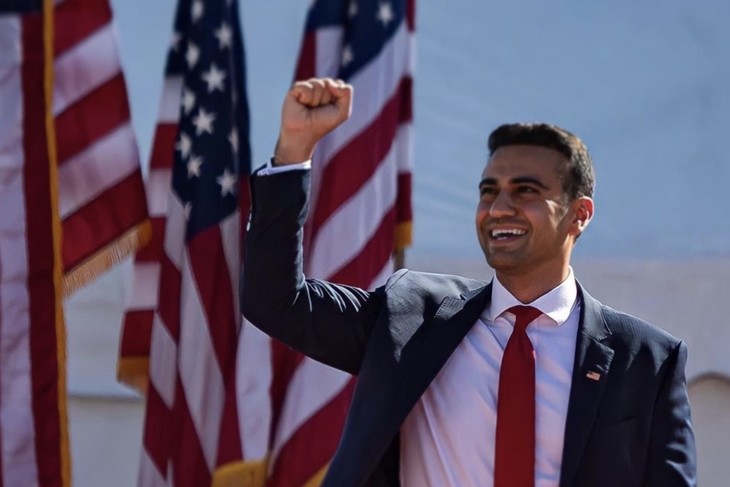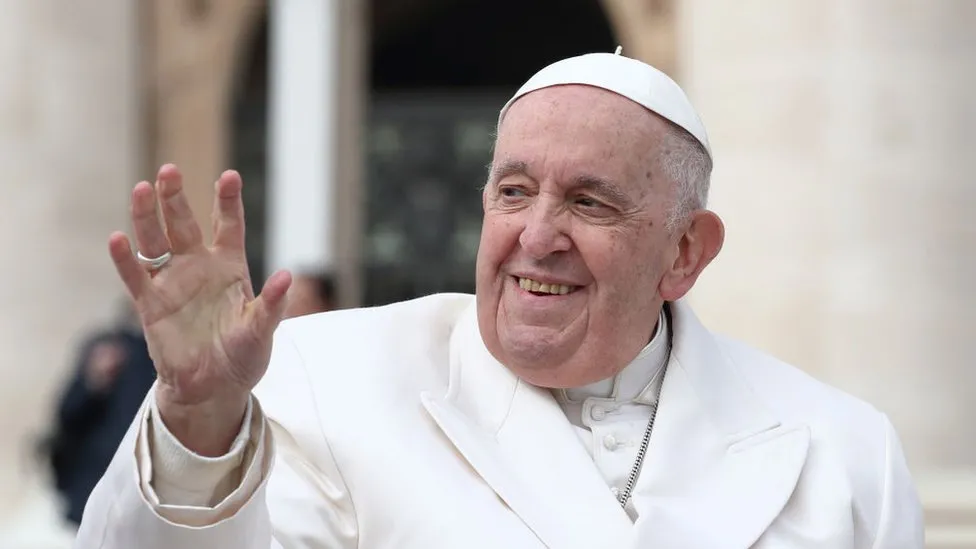There is much (warranted) speculation about whether or not President Joe Biden will run for reelection in 2024. Although he has signaled his intention to run, it seems two very important things are not on his side…time and the Democrat party.
At 81, Biden is already seeming extremely frail. His physical and mental health have been huge causes for concern. The octogenarian is prone to falls (never a good thing for the elderly), often exhibits confused behavior at public appearances, and generally seems confused at speaking engagements or meetings with world leaders.
As morbid as it sounds, the limitations of the human form are universal. Biden does not have many years left, and while many people survive into their 90s, they’re mostly retired and not doing the most stressful job in the world.
Biden is the laughing stock of global politics right now, and everyone knows it, even if not everyone is saying it. While our own sycophant comedy sector struggles to lampoon his increasingly ridiculous behavior, even the Saudis are figuring out how to squeeze a laugh out of the Biden administration situation.
All of this is to say it doesn’t seem very promising for a second Biden term, and word has it Democrats are quietly preparing for a primary season. This represents a problem, because the Democrats are already struggling with being seen as weak, nearly every one of their policies failing spectacularly over the past three years. The party is in disarray and Republicans have at least two very strong contenders for 2024 in former President Trump and hugely popular Florida Governor Ron DeSantis. They can’t be seen as any more confused than their current leader already looks. In addition, party players have been verbally supportive of Biden in public, and Jill and Jill’s husband still hold a lot of power in D.C. Who wants to be on the hook for public booting the current President halfway through his presidency?
How will it all play out? How will the Dems get rid of Biden without seeming like they’re getting rid of him? I have a few theories. Most of them depend on Jill and Joe actually cooperating with their behind-the-scenes handlers, which is another wild card that could throw a wrench in the gears, to mix metaphors.
1.Health Issues
Who wouldn’t believe it? The President has been a walking advertisement for Life Alert since he took office. His wife has to visibly guide him around in front of cameras. He is frail, his mental capacity is waning, and the amount of falls the man has suffered in the past year or two does not bode well for someone his age. Eventually one of those will take its toll. Democrats could negotiate an exit with the Bidens under the guise that POTUS is simply waning in health and has too much respect for the office to leave it unattended while he struggles with his health. Democrats get their empty slot and their voters get to pretend Biden isn’t already absent as a leader most of the time.
2.Under the Bus
The legacy media has been uncharacteristically (if not mildly) interested in the business dealings of the Biden family lately. They’ve even finally admitted the Hunter Biden laptop was true and may present a real issue for national security. Why? We watched the media collude with Big Tech and Big Government in 2020 to knock the laptop story out of the news cycle and deplatform anyone who tried to report on it. So why are they (slightly) interested in it now? They still have the power to ignore the story and let all the Biden sludge sink to the bottom of history. Why not just keep looking the other way?
This smells like a set-up. It might not go anywhere, but if the Democrats need to pull the trigger on booting Biden, it would be so easy to point to the potentially traitorous and illegal actions of his family over the years. Democrats can pretend they’re taking the moral high ground and the next candidate can run on “restoring integrity” to the party and the office.
3.Family
A popular excuse for politicians who need to leave their position before a scandal breaks is “spending time with family.” We know all about Hunter’s issues. We know the Bidens have a rift with daughter Ashley. And I don’t know if you’ve heard, but President Biden’s oldest son died some years ago. The family has been through a lot, and the presidency is not an easy position. The Bidens could bow out with the excuse that their family needs them. Poor Hunter has his demons, and with his modern art career turning out to be a huge failure, he needs dad and pretend-mom more than ever. Also, maybe the family has never really healed from losing Beau Biden and it’s taken a toll. POTUS could say he needs to spend his final days caring for his children and wife. We will laugh at the obvious lie, but his voters think men can be women, so they’ll buy it.
4.White Privilege
This one is my favorite theory, not because I think it’s most likely, but because it would be so very fitting. A ridiculous end of a ridiculous presidency based on a ridiculous notion. Biden himself has already set the stage for this, though he may regret that now. In the days following the election, he was careful to highlight Kamala Harris as an emerging leader, and someone he fully intended to take advice from (lol), going so far as to say there were some issues he would even defer to her on altogether (lol lol). Obviously the Bidens have since realized what we all knew from the beginning – Kamala is a moron. Still, they can use the excuse that Joe recognizes the time for a BRAVE WOMAN OF COLOR™ to take the helm has come, and he is stepping aside to support her for President. This could happen right now, so Kamala could go into ’24 as the incumbent (but I doubt that) or at a time when a primary season might be legally or physically impossible.
5.No Confidence
Joe Biden is not all there. I think at this point everyone pretty much agrees, though some may be a bit more quiet about it than others. Democrats can pull the “senility” trigger if they’re motivated. There’s plenty of evidence to support it, it would not be shocking given the President’s age, and it clears the way for a younger candidate who can go the distance…maybe someone who’s name rhymes with gruesome?
Of course, as I mentioned before, all of this is contingent on Jill and Joe being willing to vacate the White House. Given what she gladly puts her husband through every day, I’d say Jill isn’t keen to leave the premises anytime soon. There are rumors of deep tensions between the Bidens and the White House handlers who seem to be running too many things behind the scenes. It is clear they’re not all on the same page. We’ll just have to see how it all shakes out, but for now, these are my main theories on how the Democrats could make it all go away and start fresh if they are motivated enough.
What do you think? Is Biden going to make it to 2024? Will the Dems try to push him out? If so, how?









